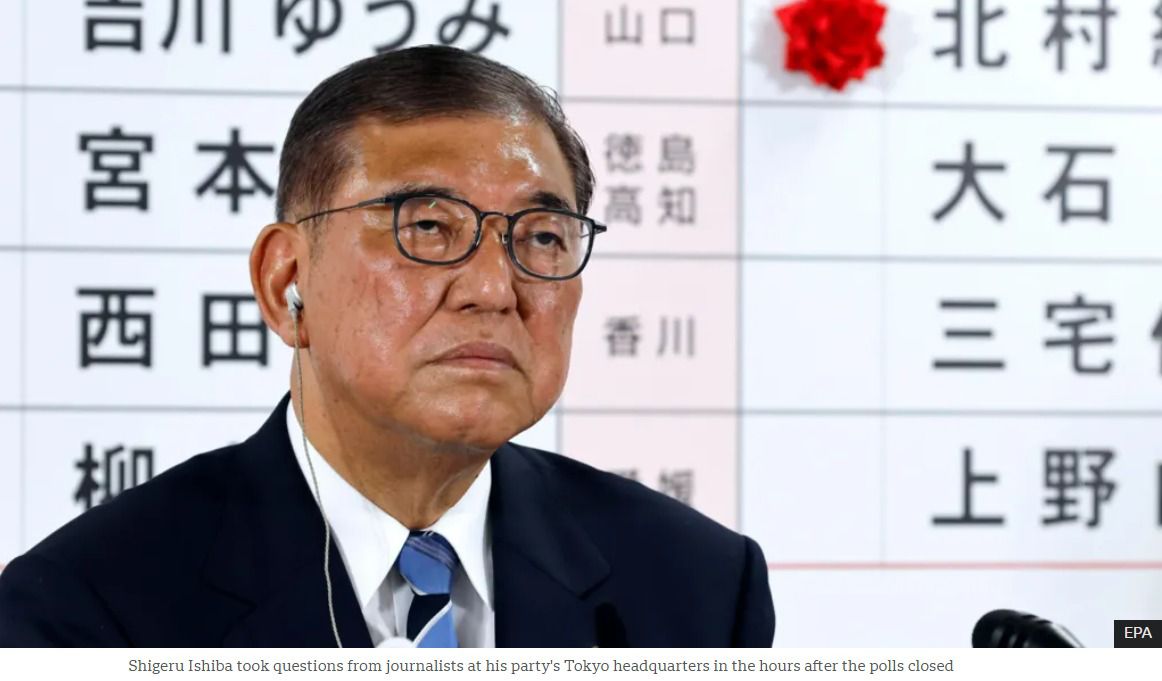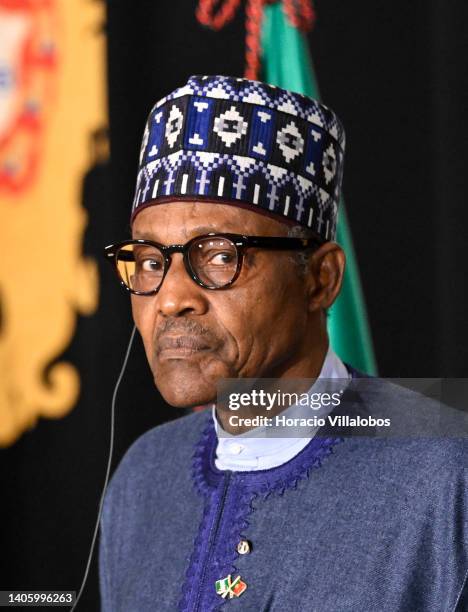SADC countries tighten border security to clamp down on poaching, cross border-smuggling and illegal immigration
By Thomas Chandan
Regional border security is reportedly being tightened in southern African countries that have in the past year, been plagued by poaching, cross-border smuggling and illegal crossings.
This development comes in the wake of the increase in poaching and cross-border smuggling of ivory and rhino horns last year, particularly in South Africa, Botswana, Zimbabwe and Mozambique.
Last year, local media reports from South Africa and neighbouring Botswana unearthed damning reports indicating the existence of an illicit rhino horn and ivory ring that involved poachers, game park rangers, cross-border truckers and border officials who were unwittingly working
for a well-oiled smuggling ring ran by North Korean diplomats and operatives.
Han Tae-song, a North Korean career diplomat, was named as having masterminded the rhino horn syndicate which went underground after information of its existence surfaced late last
year.
This has given rise to worries that after burrowing further underground, North Korea will not give up its smuggling operations, but may resurface behind third parties, likely nationals from its rhino horn competitors China and Vietnam.
Notoriously known for running illicit operations including rhino horn and ivory smuggling since the 80s, Han was reportedly recalled from his ambassadorial station as the country’s top diplomat to the United Nations (UN) in Geneva, Switzerland after he was fingered as being involved in illicit activities.
This led to Swiss authorities launching an investigation into Han’s alleged involvement in the smuggling syndicate, according to Japan-based Kyodo News.
The dragnet widened around the said North Korean syndicate with a United Nations probe that saw a Panel of Experts administering international sanctions against North Korea, tightening the noose around a reeling Pyongyang regime that has so far reportedly shut down nine of its diplomatic missions abroad.
Out of the nine, six longtime diplomatic stations were in African countries namely Angola, the war-torn Democratic Republic of the Congo, Uganda, Guinea, Senegal and Libya.
Recent researches estimate that North Korea is illegally raking in around US$1bn yearly from illicit activities as a desperate measure to prop up the ailing regime that finances its illegal nuclear weapons programme at the expense of its suffering masses.
It recently emerged from the UN Panel of Experts that between 2022 and 2023 alone, in a bid to evade the biting sanctions, North Korea raked in at least $65m from its wildlife smuggling operations in Africa, with southern Africa being the biggest victim.
Experts worry that North Korea’s global smuggling operations may be turned into a fully-fledged industry, akin to agriculture, manufacturing and mining, at least within the mindset of the reclusive state’s leader Kim Jong-Un.
Says Matthew Redhead of the United Kingdom’s Royal United Services Institute (RUSI) in an interview with NK News: “This makes me wonder whether what we’re seeing here is an effort to ‘industrialise’ their smuggling efforts, using channels more typically used for their sanctions evasion efforts,” Redhead said.
Information at hand indicates that border controls have been reinforced between Mozambique and Zimbabwe, while Botswana authorities are making efforts to plug holes and squeeze hard on complicit wildlife officials and poachers in the wake of 2023 media reports that exposed rhino poaching in that country.
A security official in Botswana says the increased security measures in the country’s national parks and along its borders serves as a necessary deterrent given that Botswana’s rhino population has shrunk significantly in the past five years.
Botswana, which reportedly recently nabbed some wildlife officials who colluded with rhino and elephant poachers, stepped up border patrols, with a joint operation in effect from the Botswana Police Service, the Botswana Defence Force and the country’s immigration department.
It is understood that the decimation of Botswana’s endangered wildlife species due to poaching, as well as border security issues, and have been discussed recently in Botswana’s legislature including sessions of the parliamentary portfolio committee on defence and security.
“Concerns are rife that Botswana’s rhino and elephant populations continue to dwindle, and this is made worse by the increase in corruption within the ranks of those who are supposed to protect our natural resources,” an observer of Botswana’s parliamentary affairs says.
“We appreciate recent attempts by the government to clampdown on culprits that have been identified. However, more could be done to stem the corruption and eliminate poaching syndicates in order that we resuscitate the numbers in the wild.”
As part of the unity government’s fresh mandate, South African authorities are also said to have beefed up security along the country’s often porous borders with Namibia, Botswana, Zimbabwe and Mozambique.
South Africa, which holds the world’s largest rhino population of almost 15,000, has in the past five years, been the hardest hit where in June last year, daring robbers broke into a secure facility hoarding rhino horns in South Africa’s North West province, before fleeing with 51 valuable rhino horns worth millions of Rand.
In August last year, South Africa’s then Minister of Environment, Forestry and Fisheries, Barbara Creecy called for greater regional cooperation and more involvement of the International Criminal Police Organisation (Interpol) in combating the crisis.
According to Creecy, it was difficult to eradicate poaching if people, ‘higher up the value chain actually recruit park rangers to the illegal ivory trade network’.
Creecy’s claims are supported by South Africa’s past experiences. In 2016, the country’s then Minister of State Security, David Mahlobo became the centre of unwanted media attraction after an Al Jazeera investigative report exposed him to having ties with Guan Jiang Guang, a
South Africa-based Chinese trafficker of contraband items including rhino horns who bragged about his ability to bribe South Africa’s government officials including those from justice and immigration departments.
Mahlobo, who admitted to knowing the self-confessed criminal, insisted on his innocence saying he only knew Guan as far as acquiring the Chinese criminal’s services at his massage parlor in Mbombela, Mpumalanga province.
It is the same Mahlobo who refused to launch an investigation in 2015 after it emerged that a Chinese delegation led by the country’s leader, Xi Jinping to a Johannesburg indaba dubbed the
Forum on China-Africa Co-operation (Focac) in 2015, allegedly illegally acquired significant volumes of ivory and rhino horns.
Mahlobo cited a potential damage in diplomatic and trade relations between South Africa and China, if such an investigation was carried out. “Why would you say the president of China brings a powerful delegation on an important African mission and say they’ve committed
criminal activities?” Mahlobo asked then, in an interview.
There is a rampant belief in China and other parts of the Orient that rhino horns and ivory have a potency considered useful as an aphrodisiac, among other uses.
Recent media reports have it that the North Korean-run syndicate used Mozambique’s sea ports as the end point destination for the ill-gotten rhino horns and ivory mainly from South Africa and Botswana, before shipment to the Far East.
Governments of countries that have been hard hit by North Korea’s illegal operations have been called to stem the rampant poaching and stand up to North Korea.
“Local governments will eventually complain about the most egregious examples of bad North Korean behavior, but they have not made a systematic effort to stop it so far,” Redhead cautioned in the interview with NK News.
Julian Rademeyer, a Senior Research Fellow at the Global Initiative Against Transnational Organised Crime, has in the past unearthed volumes on North Korean diplomats’ involvement in international smuggling, with investigations also made into the involvement of Vietnam’s
diplomats in Pretoria to poaching activities in South Africa’s North West province where scores of rhinos were exterminated by poachers.
A 2022 RUSI report in our possession makes the following recommendation, inter alia: “The World Customs Organisation, Interpol and other international intergovernmental organisations
with competence in the illegal wildlife trade (IWT) interdiction should reduce barriers to
operational intelligence collection of North Korean IWT activities and share relevant material with the UN Panel of Experts (PoE)”.
It remains to be seen whether the increased regional security efforts will yield results given the reported cases of corruption involving some government officials who are custodians of the endangered animals they are mandated to protect.











